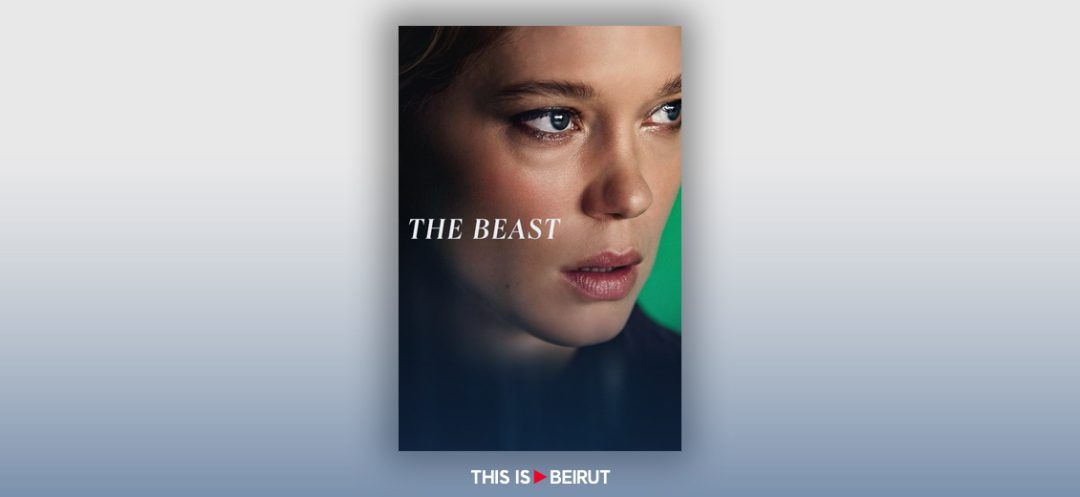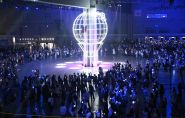
The Beast, Bertrand Bonello's latest film starring Léa Seydoux, is a hallucinatory exploration of artificial intelligence and love through time. The movie has been released in theaters.
In today's cinematic landscape, few works manage to weave together the intricacies of love, the ethical dilemmas surrounding artificial intelligence (AI), and a temporal odyssey with as much finesse and originality as Bertrand Bonello's The Beast.
Starring Léa Seydoux, this 2-hour and 26-minute film, loosely inspired by Henry James's The Beast in the Jungle, transports us on a hallucinatory journey between the 1910s, the present, and the year 2044. Featured in competition at the last Venice Film Festival, The Beast falls within the artistic vein of David Lynch, promising an unparalleled cinematic experience. Bonello, known for his sometimes demanding cinema, as seen in Nocturama (2016) and Saint Laurent (2015), tackles the terrifying subject of AI with both an innovative and introspective approach.
By 2044, AI will have taken control, aiming to make humanity less sentimental and more rational, a premise that eerily resonates with current concerns about generative technology and its potential implications on employment in creative industries. However, the film goes beyond merely critiquing AI. It delves into the delicate and often perilous relationship between humans and machines.
Bonello himself experimented with AI-generated content, a process that, although producing a result far from brilliant in just a few seconds, underscores the incredible power and possible implications of this technology. "It's truly terrifying," admits the filmmaker, highlighting the ethical, moral, and political considerations it entails.
The narrative of The Beast fluidly navigates through different times, anchoring the story in a reality that is both tangible and fantastical. Léa Seydoux, portraying an artist forced to purge her memories of all sentiment by revisiting her past lives, delivers an intense and mysterious performance. Her method, described by Bonello as one of abandonment, allows her to be timeless while capturing the essence of modernity. George MacKay, playing Louis, a man who traverses time, adds an additional layer to this complex exploration of human emotions. The film also addresses the theme of fear of impending doom, a subject pervasive in James's novella, which Bonello considers "one of the most heart-wrenching melodramas that exists." This blend of love and terror, interwoven in the narrative, enriches the cinematic experience, offering deep reflection on the human condition in the face of the inevitability of technological progress.
Visually, The Beast pays homage to Lynch's aesthetics, with its mysterious female characters, hidden clues, and an ambiance reminiscent of Mulholland Drive and Twin Peaks. The film concludes with a poignant tribute to Gaspard Ulliel, a casting choice that would have brought another dimension to the role eventually played by MacKay, following the tragic death of the actor.
The Beast is also a meditation on love, memory, and our potential future with AI. Bonello presents a work that defies time and technology while remaining deeply rooted in human emotions. It's a terrifying exploration of what it means to be human in a world where the boundary between man and machine is becoming increasingly blurred.
With AFP
Read more



Comments